I want to generate alphanumeric number in such way that its first two character represents the alpha and rest 7 digits represent numeric and it should be sequential. for example it should start like this
and once its reaches seven time 9  it should start like
it should start like
and this process will continue in batches so I need to store the last generated numbers count as well so whenever the window service start again in can take last number count from DB and then generate new numbers.
In my current code I am able to generate it till AA9999999 but after that its change to A10000000 instead of AB0000001 .
Here is my code as follow which I have tried so far .
private static List<char> Values;
private static readonly char[] AlphaNumericValues = {
'B', 'C', 'D', 'F', 'G', 'H', 'J', 'K', 'L', 'M', 'N', 'P', 'Q', 'R', 'S', 'T', 'V', 'W', 'X', 'Y', 'Z','2','3', '4', '5', '6', '7', '8', '9'
};
private static readonly char[] NumericValues = {
'0','1','2','3', '4', '5', '6', '7', '8', '9'
};
private static readonly char[] AlphaOnlyValues = {
'A', 'B', 'C', 'D', 'E','F', 'G', 'H','I', 'J', 'K', 'L', 'M', 'N','O' ,'P', 'Q', 'R', 'S', 'T','U', 'V', 'W', 'X', 'Y', 'Z'
};
private static int ValueCount = 0;
switch (selectedItem.suffixType)
{
case "alphanumeric":
Values = AlphaNumericValues.ToList();
ValueCount = AlphaNumericValues.Count();
break;
case "numeric":
Values = NumericValues.ToList();
ValueCount = NumericValues.Count();
break;
case "alphaonly":
Values = AlphaOnlyValues.ToList();
ValueCount = AlphaOnlyValues.Count();
break;
}
if(selectedItem.suffixType== "alphaonly")
{
GeneratedNumbers = GenerateValues2(KnoLength, selectedItem).ToList();
}
and here are two methods as follow
private IEnumerable<Tuple<string, long>> GenerateValues2(int count, PrefixItems selectedItem)
{
for (var c = 0; c < count; c++)
{
yield return FormatNumber2(KeyCountCurrent++, selectedItem.PrefixSize);
}
}
private static Tuple<string, long> FormatNumber2(long value, int FormatSize)
{
var digits = Enumerable.Repeat(Values[0], FormatSize).ToList();
digits[2] = NumericValues[Convert.ToInt32(0)];
digits[3] = NumericValues[Convert.ToInt32(0)];
digits[4] = NumericValues[Convert.ToInt32(0)];
digits[5] = NumericValues[Convert.ToInt32(0)];
digits[6] = NumericValues[Convert.ToInt32(0)];
digits[7] = NumericValues[Convert.ToInt32(0)];
digits[8] = NumericValues[Convert.ToInt32(0)];
var slotCount = digits.Count;
var current = value;
var count = 0;
while (current > 0)
{
long rem;
current = Math.DivRem(current, NumericValues.Count(), out rem);
digits[slotCount - ++count] = NumericValues[Convert.ToInt32(rem)];
}
return new Tuple<string, long>(item1: string.Join("", digits), item2: value);
}

